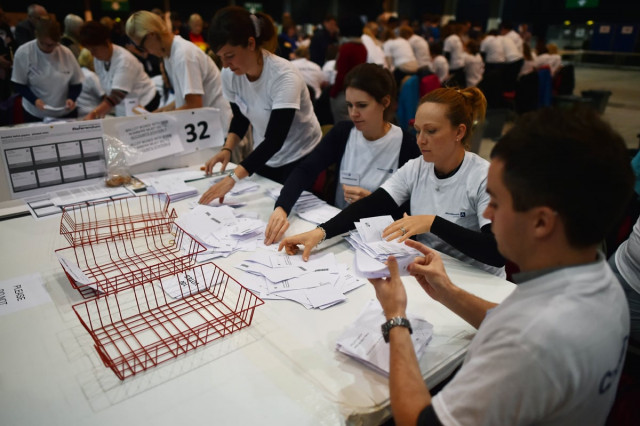Scotland — can we learn?
Scottish Referendum has proved that disagreements can be resolved with peace and grace

According to reports both the campaign and the ballot were closely watched by representatives of the Quebec and Catalan separatist movements, and Kashmiris. That the referendum was held at all was a political risk for the sitting UK government, and had it gone in favour of the ‘Yes’ campaign the consequences would have been profound and felt geopolitically. Sighs of relief have been breathed in a number of places, not least the US and the countries of the EU. Now the dust has to settle and a polarised Scotland will work out what the result will mean in practical terms. As an exercise in inclusive democratic consultation the Scottish Referendum of 2014 has set the benchmark.
Strategic tiffs and territorial battles mark many other regions of the world and the Scottish Referendum has proved that disagreements can be resolved with peace and grace, and that nationalistic sentiments need not be rowdy. Can we in Pakistan perhaps learn something from the way this was done? We have issues — such as more provinces — which could be put to a referendum. Of course, the most obvious would be the maturity shown by all sides with the loser, the pro-independence camp, readily and graciously excepting defeat. Time will tell.
Published in The Express Tribune, September 20th, 2014.
Like Opinion & Editorial on Facebook, follow @ETOpEd on Twitter to receive all updates on all our daily pieces.
















COMMENTS
Comments are moderated and generally will be posted if they are on-topic and not abusive.
For more information, please see our Comments FAQ